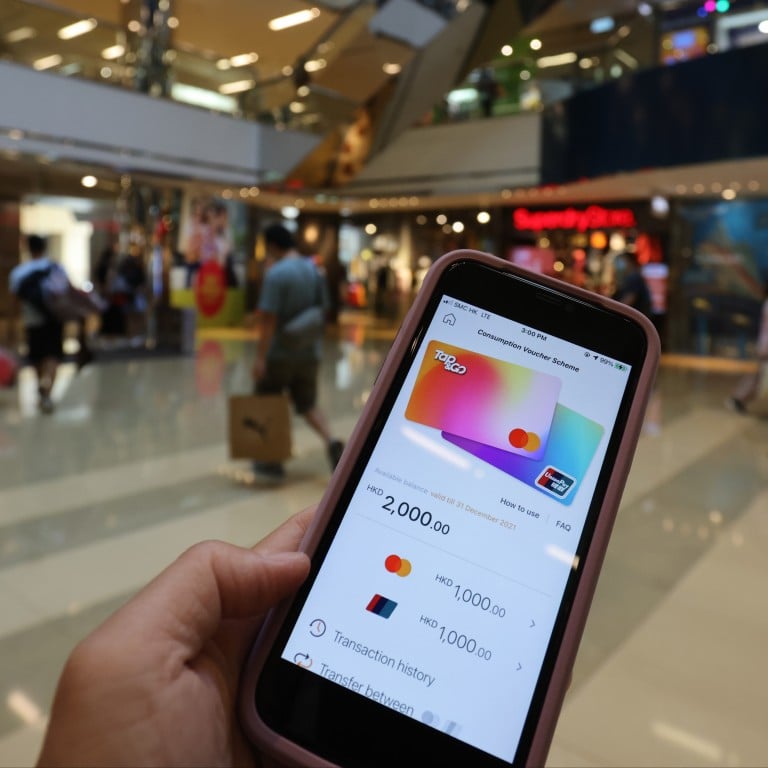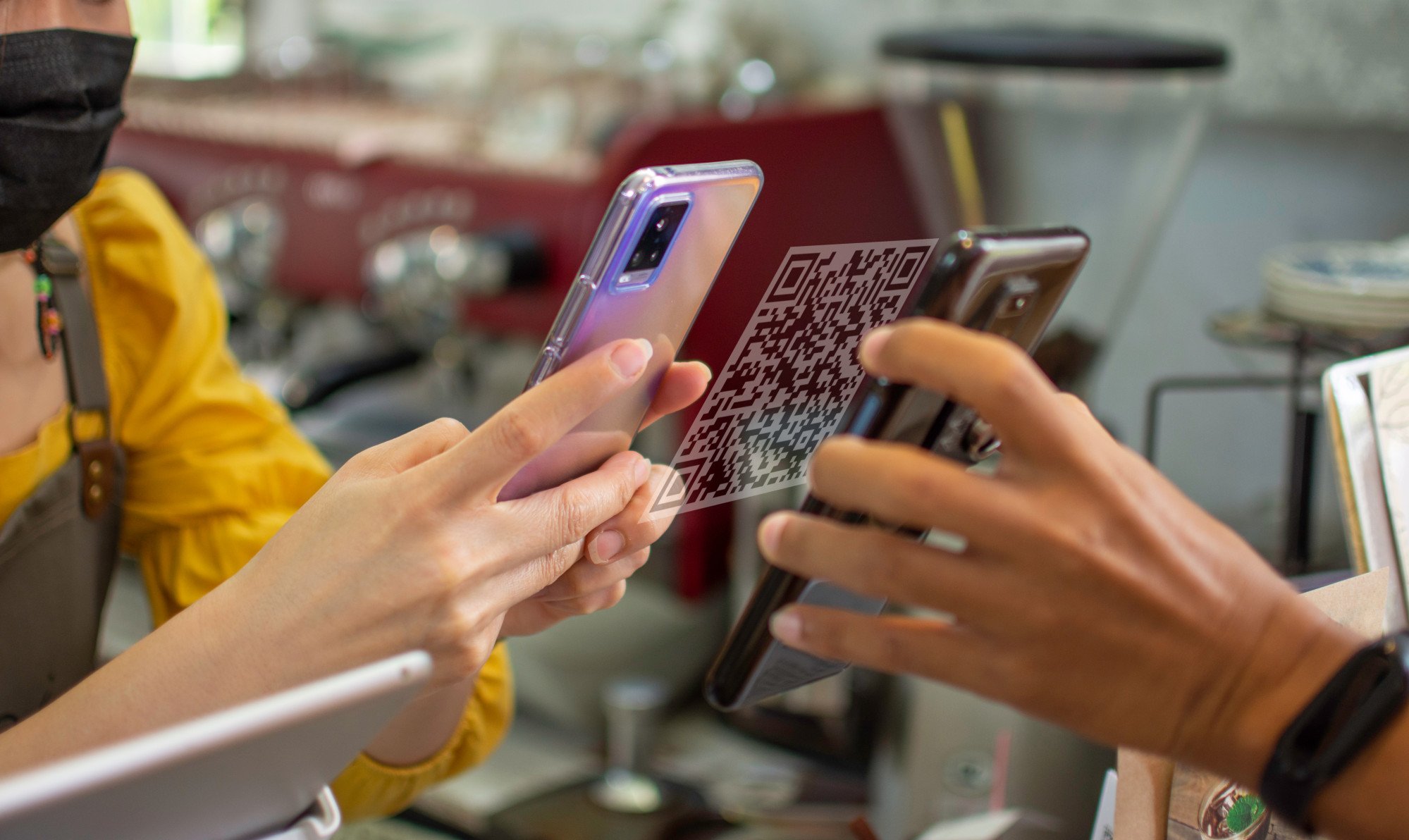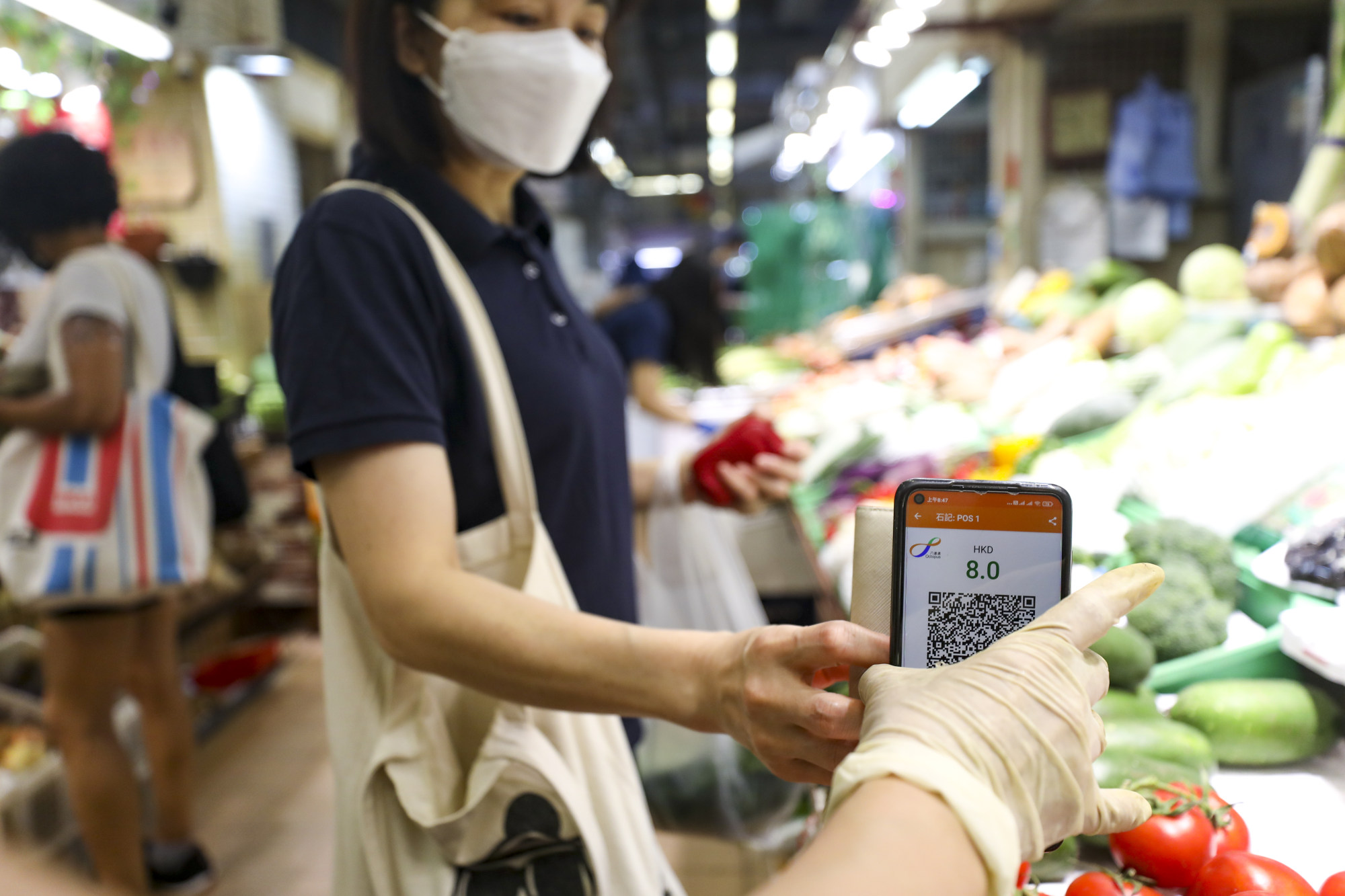
Better late than never: Hong Kong plays catch-up with schemes allowing e-payment across borders, a boon for travellers
- Authorities working on scheme to benefit users of city’s Faster Payment System and Thailand’s PromptPay
- Ahead of the game, Singapore has already struck e-payment deals with Thailand and other countries
The business consultant, 36, said he was a regular user of PromptPay, a popular app in Thailand that allows customers to make e-payments directly from their bank accounts.
“If I can use it in Hong Kong, that will be good,” said Rojvirasingh, who is planning a holiday in the city with his girlfriend next year.
Hong Kong and Thailand are working out a cross-border scheme to let travellers use their preferred local payment platform in both places.

There were 10.9 million users registered for Hong Kong’s Faster Payment System last year, and Thailand’s PromptPay had at least 55.1 million in 2021.
A Hong Kong Monetary Authority spokeswoman said the move would pave the way for more cross-border payment services in future.
Digital wallets to become Hong Kong’s leading online payment system by 2025
Singapore had a head start by striking a deal with Thailand to allow users of PromptPay and the city state’s PayNow to transfer funds on a real-time basis between the two countries since 2021.
Singapore’s central bank has also made similar arrangements with countries like India, Indonesia, Malaysia and the Philippines.
This year, for example, the Monetary Authority of Singapore and the Reserve Bank of India linked Singapore’s PayNow and with India’s Unified Payments Interface to let users in both countries send and receive funds between bank accounts or e-wallets in real-time.
He hoped Hong Kong would establish convenient cross-border payment options with its economic and trade partners, such as Asean countries like Vietnam, Singapore and Indonesia.
Airwallex secures China online payments licence via acquisition
Other potential partners included Japan, South Korea and Taiwan, which were popular travel destinations for Hong Kong residents.
“Cross-border payment services have further expanded and are widely used not just for shopping and dining, but also transport,” he said.

The government has pledged to push ahead with application testing and preparations for fintech infrastructure projects, including using virtual currencies “e-HKD” and “e-CNY” as cross-boundary payment facilities.
Zeman, a frequent visitor to Thailand and owner of a villa complex in Phuket, said the cross-border payments scheme would be good as travel was resuming after three years of Covid-19 pandemic restrictions.
“This will help to increase sales,” he said.
‘Hong Kong’s Octopus to invest millions in technology, consumption voucher offers’
Freddy Yip Hing-ning, president of the Hong Kong Travel Agent Owners Association, was not convinced that cross-border payment schemes would have an impact on tourism numbers.
“Hong Kong people don’t care about this,” he said. “When people travel, the most important factors are safety, hotel rates and food prices. That is how they decide their destinations.”
Additional reporting by Oscar Liu

